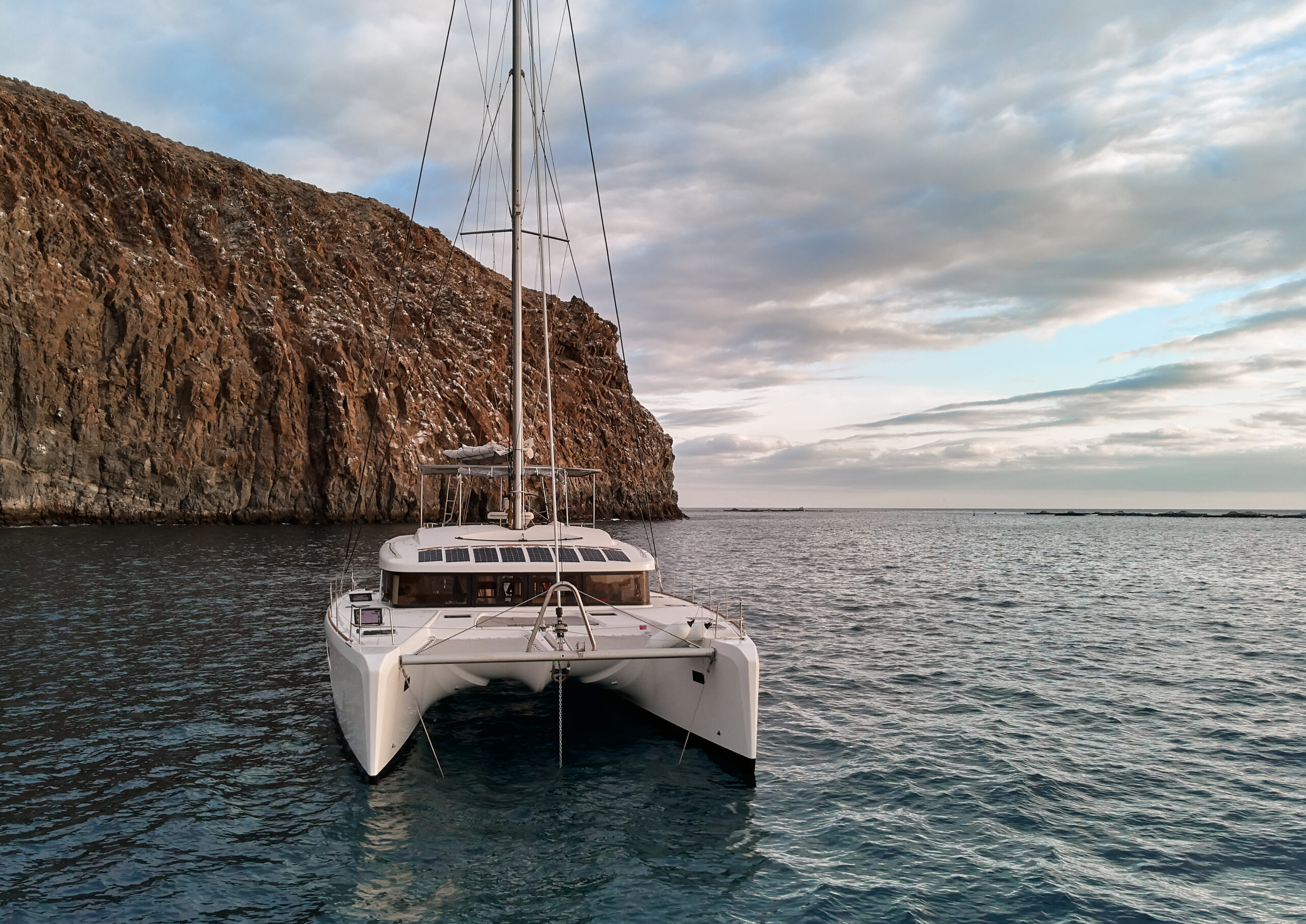Going on a sea cruise, first of all, we think about our entertainment and comfort, about new emotions and impressions, about the joy of discovery. But, in no case, you should forget about safety on a yacht! A yacht is sea transport. So there are some rules and restrictions that must be followed. Yachting is safe, but only if you follow the basic rules and regulations. Otherwise, you risk turning your vacation into a dangerous game.
Here we consider some basic guidelines to help you feel safe on board. It is very important to become familiar with them in advance. So you must fully understand all the risks and dangers. Because, in case of an emergency, the ability to think rationally decreases dramatically.
Before sailing, a skipper in all cases conducts a safety briefing. So you MUST listen to it carefully to the very end. Because it is your safety that depends on it.
So, here are some of the basic guidelines of safety on a yacht:
How to prevent injury?
- On the surface of the deck, there are some iron parts sticking out. So when moving, be sure to watch your step so as not to stumble over them and fall overboard.
- When you take a master class on boat handling, you will definitely be working with ropes. Be sure to wear gloves to avoid injuring your hands.
- Go down the ladder move only backward, otherwise, you risk falling.
- Be sure to use sunscreen. In the open sea in the sun, you can burn very quickly and get heatstroke. So to prevent this from happening, use a special cream. Cover your head with a hat or a cap.
- Never walk on the deck holding hot water (boiling water) in your hands.
- Always pay close attention to the boom moves (see figure below) as it can hit you and cause serious injury.
- If you have long hair, it is better to scape tresses into a ponytail and cut your long nails so that they do not get caught in moving mechanisms.
- Under any circumstances do not push off the pier (or another vessel with your feet), you can easily lose your balance and fall.
What to during in a storm?
Even during the high season, there are storms at sea. Almost always a strong wind blows before a storm, up to 20 knots. During a storm, all passengers must wear life jackets. You must know where exactly your life jacket is so that not to look for it at the last moment.
- Be sure to buckle up when putting on the harness. Otherwise, the whole system will not work. Put on the harness first, and then the jacket.
- If the boat is shaking strongly on the waves, there is no need to try to stay on your feet, instead, you can get on all fours and hold on tightly to something that is well fixed.
- If you cannot swim, do not use a life jacket. Some of them are disposable.
What if a person falls overboard?
- If you see a person overboard, be sure to loudly notify your skipper, and try not to lose sight of this person.
- Throw a lifebuoy or something that will not sink to the person overboard and will help him/her stay on the surface of the water.
- Press the alarm button (MOB).
If you have fallen overboard yourself, try to shout as loud as possible to notify people on board and in a way that will be noticed.
How to prevent a fire?
- You shouldn’t smoke on board. You can do it only on the deck, but never in the cabins. But in general it is better to wait until you get ashore.
- If, during cooking, the oil in the pan catches fire, do not extinguish it with water, try to cover it with a lid to close off the air and turn off the gas.
- If there is a fire onboard, notify your skipper and use a fire extinguisher to extinguish (you must know exactly where it is).
How to signal for help?
- An international signal (SOS) can be given when a person has disappeared or a yacht is sinking. To do this, use the Distress button, or the radio, (channel 16).
- There is a special device for sending a signal to the satellite onboard – EPIRB. There is also a SART system, it works automatically.
- To make an emergency call, use smoke bombs, flares, or flares.
- Panpan – radio signal if immediate evacuation of people is needed.
- When evacuating to a liferaft, bring food, water, documents, radio, EPIRB, and SART.
Additional safety tips
- Before sailing out of the marina, close all hatches, secure all your stuff (so as not to fall), and lockers.
- When mooring, those who are not involved in the process should not be on deck.
- When a yacht is drifting on the high seas, people are not allowed to swim. Otherwise, you risk not catching up with your boat.
- It is forbidden to sail on an inflatable boat with a motor without oars.
If you follow these basic rules of safety on a yacht, you will enjoy your yacht vacation. Happy sailing to you!












































